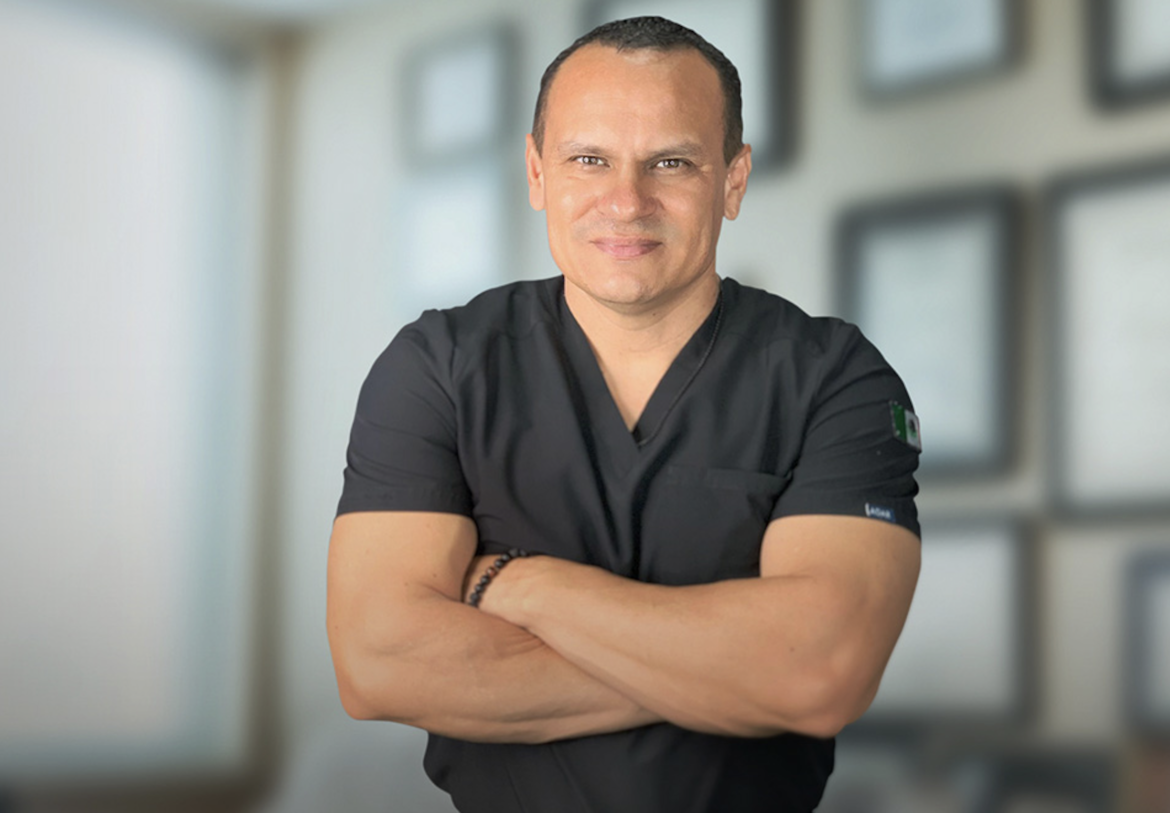
Bariatric (Weight-Loss) Surgery for Treating Diabetes.
Bariatric (Weight-Loss) Surgery for Treating Diabetes.

Due to the dimensions of the global public health problem that diabetes represents, it is a priority to establish new forms of treatment and new knowledge that allow us a better understanding of type 2 diabetes mellitus.
Unfortunately, the origin of this disease is still unclear and conventional treatment modalities cannot guarantee a cure, so DM2 is considered a progressive and incurable disease.
However, this knowledge has now been called into question based on evidence seen in obese diabetic patients who have undergone bariatric surgery procedures. Particularly those undergoing modified gastric bypass where after the surgical procedure, patients normalize their blood sugar days after surgery and long before weight loss is appreciated, suggesting that weight loss alone does not explain the improvement in diabetes.
Recent studies have focused on the rearrangement of the anatomy of the gastrointestinal tract with surgery as the main mediator in the improvement of diabetes. Although the exact mechanism has not yet been understood, the findings suggest that there is the involvement of the intestine in the origin of diabetes, this hypothesis represents a new world in the treatment of type 2 diabetes as a disease where the best treatment is surgery.
Experimental studies in rats suggest that control of diabetes after GI bypass is a direct consequence of the rearrangement of the GI anatomy and not just a result of reduced caloric intake and weight loss.
These results support the fact that the gastrointestinal tract plays an important role in diabetes, in addition to the evidence that exists for some intestinal hormones involved in glucose regulation. Therefore it is reasonable to assume that surgery can cause changes in glucose metabolism which influence diabetes, this suggests and reaffirms that the intestine is a critical part of the origin of diabetes and positions surgery as a new option. and powerful alternative treatment for diabetes.
Benefits that the patient obtains when performing the surgery:
A patient who undergoes surgery has an 85 to 90% chance of stopping taking medications for diabetes, including those that use insulin, with the enormous advantage that the operated patient carries the treatment within himself, which means that he wants or does not surgical treatment day by day, minute by minute will take effect.
On the other hand, a patient who takes medication regularly and obeys his doctor's instructions has a 5 to 30% chance of controlling his diabetes in ranges that may be acceptable, it is enough that a patient who takes medication misses a dose to severe metabolic decontrol to occur.
That is why surgery is today a useful tool to treat diabetes. A tool that changes a paradigm, since it is contradictory that a disease that for a lifetime was treated only with medication today becomes a disease that can be treated by a surgeon.



